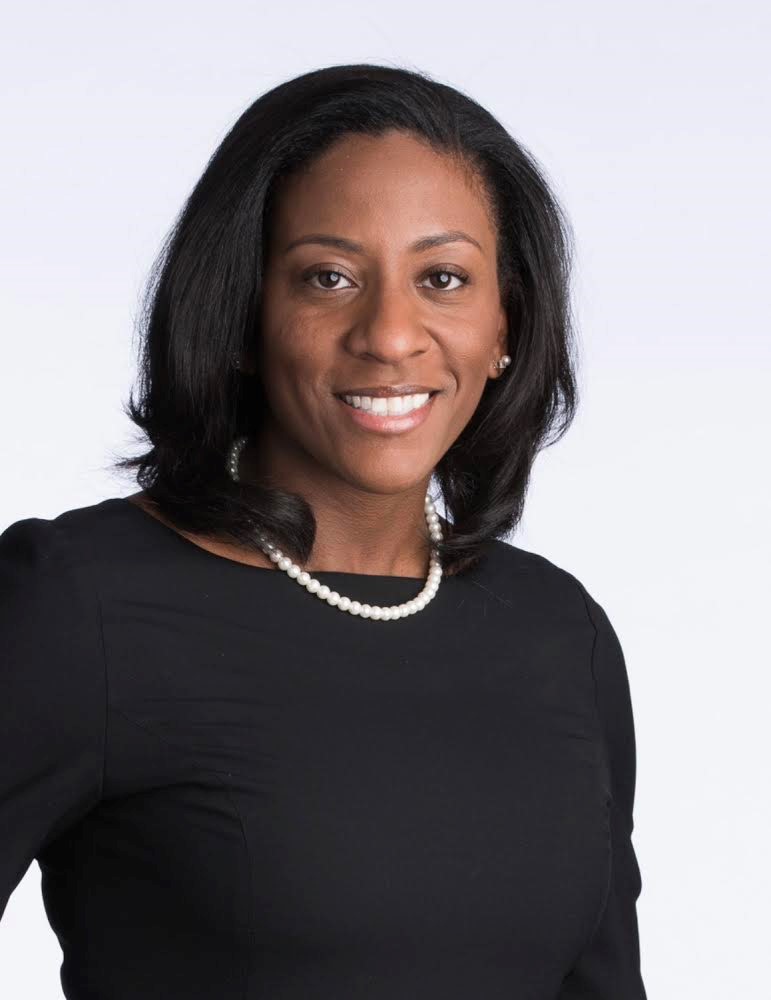By: Denise A. Smith// September 23, 2021
 Historically Black Colleges and Universities (HBCUs) have a rich legacy of pushing the country to address inequalities and strive for a more equitable society. HBCUs have defied the odds despite the grueling challenges formerly enslaved Americans faced from Reconstruction through the Jim Crow era. As engines of upward mobility, they have provided African Americans with educational opportunities which led to the development of the Black middle class.
Historically Black Colleges and Universities (HBCUs) have a rich legacy of pushing the country to address inequalities and strive for a more equitable society. HBCUs have defied the odds despite the grueling challenges formerly enslaved Americans faced from Reconstruction through the Jim Crow era. As engines of upward mobility, they have provided African Americans with educational opportunities which led to the development of the Black middle class.
HBCUs are having a moment right now. Amid a racial reckoning, we are witnessing historic philanthropic donations to HBCUs and luminaries faculty hires, like Nikole Hannah Jones and Ta-Nehisi Coates which have brought overdue attention to these critical institutions. While the recent significant charitable contributions to HBCUs are undoubtedly historical, they are not enough to close the gap. The funding disparities at HBCUs are much like the racial wealth gap; if you start at a financial disadvantage and continue to be discriminated against over time, those disadvantages compound. The gap widens more and more, and it’s increasingly hard to close. However, the over 100 years of funding inequities experienced by HBCUs is a crisis that individual acts of goodwill can’t solve. Public policy created these enormous funding disparities, and public policy is required to fix them.
One might ask, what is an endowment, and why are they important? Endowments are vital to the life of an institution. They provide institutions’ invested assets that empower them to plan for the present with the guarantee of long-term financial stability. Endowments allow a college or university to make commitments far into the future and provide a higher quality of service while knowing that resources to meet those commitments will continue to be available. Endowments offer financial stability to an institution, allowing them to leverage other sources of revenue to offset the cost of tuition for students that cannot afford it. Additionally, endowments provide opportunities for innovative research and creativity in teaching.
Some may ask, why the endowment? Why not? This investment in Black institutions is an investment in the state’s economy and social welfare. Research findings show that within the private and public sectors, HBCU endowments are significantly less than those of non-HBCUs. The endowments of public HBCUs are 3.5 times smaller than public non-HBCU institutions. At private HBCUs, the gap is even more immense, with their endowments being less than one-seventh of the private non-HBCU institutions. Consider Howard University, which has the largest endowment of any HBCU. Yet, where does it rank on the list overall? 160! It doesn’t even crack the top 100 colleges by endowment size.
Endowments enable an institution to minimize tuition increases while providing high-quality services and contributing to faculty positions, medical and social science research, and resources. In addition, a healthy endowment allows a college to make investments in the market and access assets that can be liquidated to cover improvements to infrastructure, hiring faculty, enhancing programs and services, and providing student scholarships.
To address this gap, Congress should make an investment of $40 billion in the endowments of HBCUs. This investment would be transformational for HBCUs and help eliminate a large chunk of the debt that many HBCU alumni currently shoulder. Congress is in the midst of discussing how to strengthen HBCUs in the #BuildBackBetter Act. A strong investment in endowments would send a clear message that the nation is committed to making equity real and making up for decades of systemic racism.
The history of HBCUs is one of resilience, doing much with less and constantly being overlooked and undervalued. As a graduate of two HBCUs, I understand how central they have been to our nation. HBCUs are epi-centers of excellence that provide the rigor to shape and challenge Black minds and establish life-long friendships, foster leadership skills, and create a sense of community that helps students reach their fullest potential. In addition, HBCUs were built on traditions that foster love and familial support. This investment will ensure that it continues to persevere into the 22nd century.
Denise A. Smith is a Senior Fellow for Higher Education at The Century Foundation
